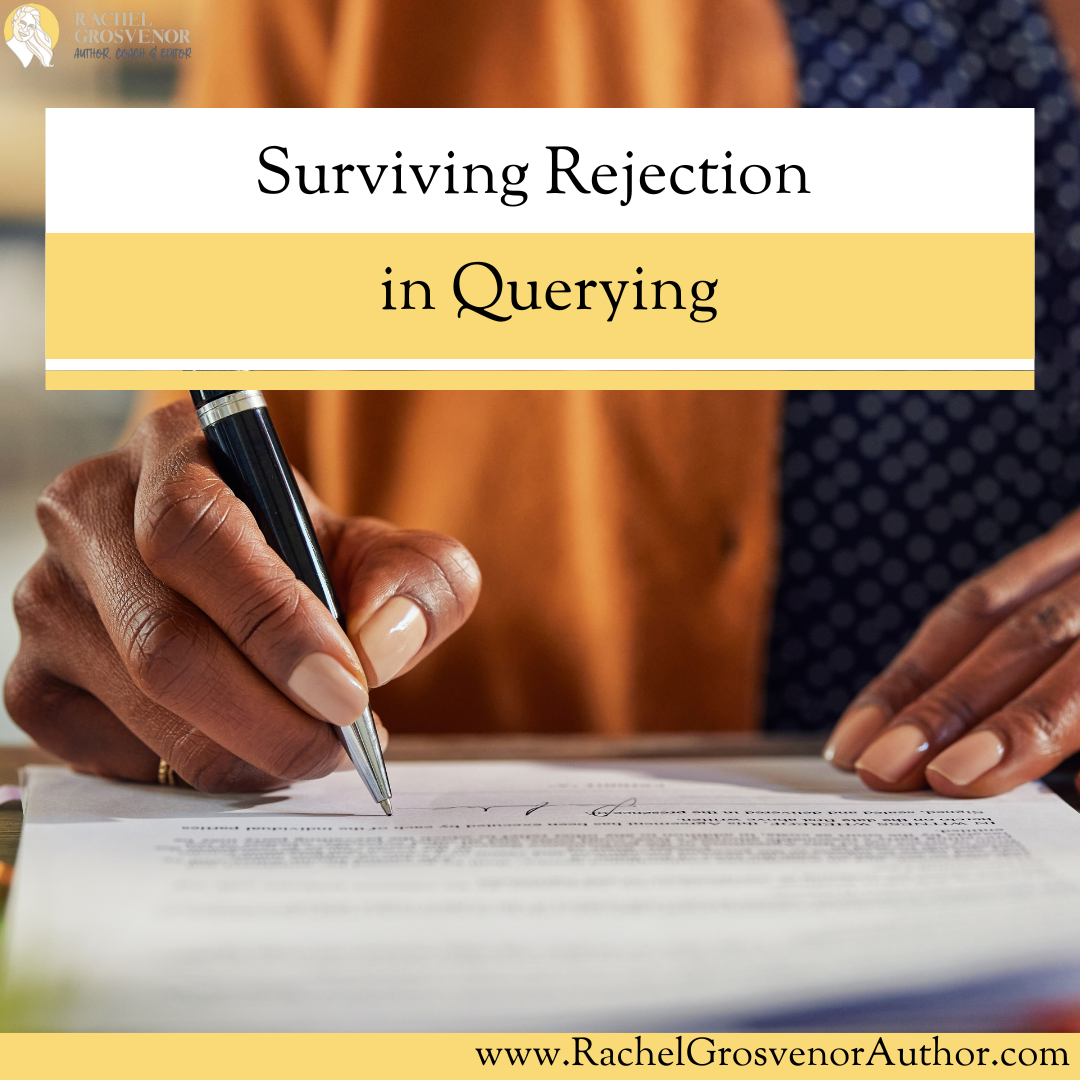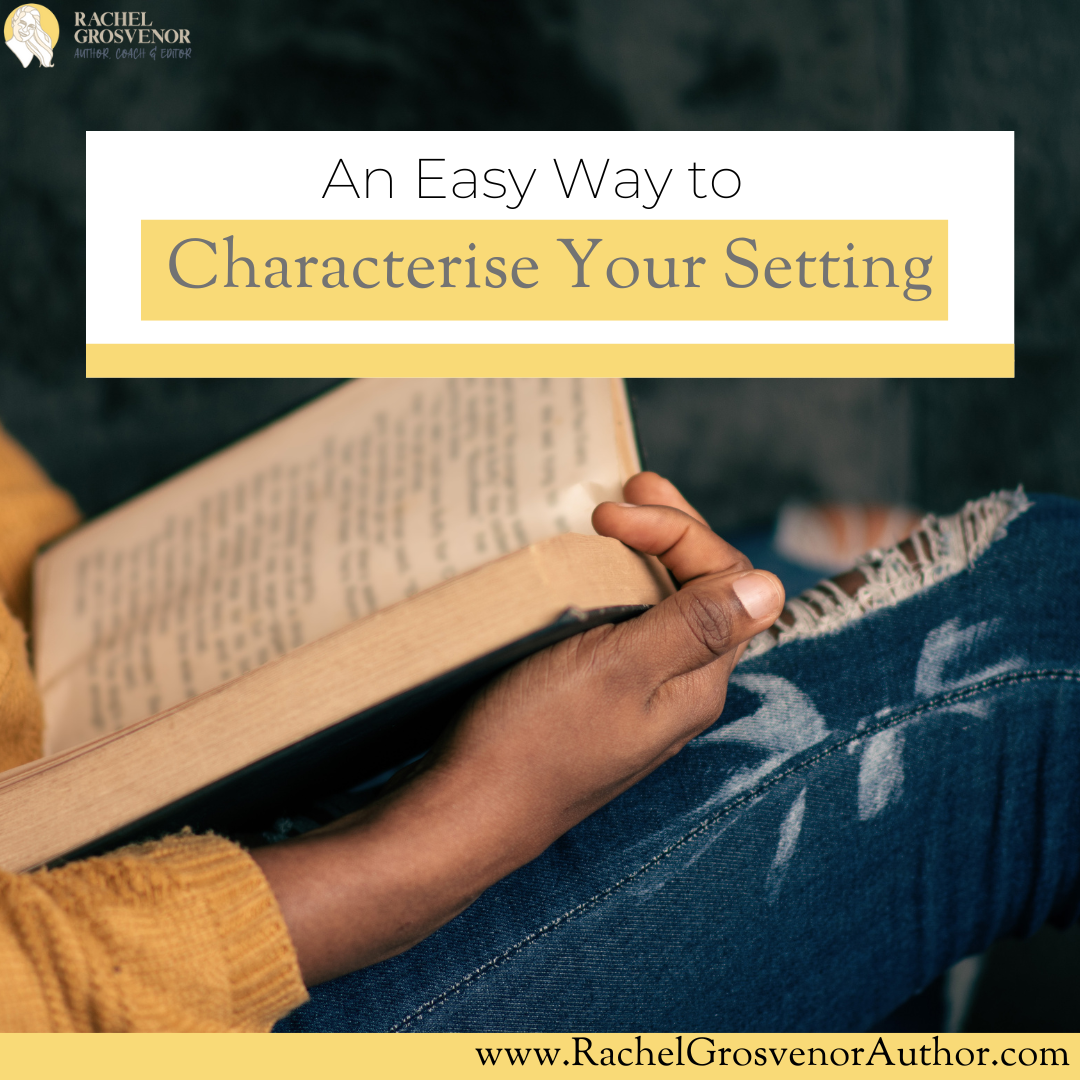When it comes to writing, there are all sorts of rules and pieces of advice that you’ll hear from different people. Some of it is good advice, while other bits are nothing more than personal preferences masquerading as hard-and-fast rules. Today, we’re going to take a look at one of those bits of advice: never use the passive voice. Let’s take a closer look.
The passive voice is often seen as bad, mainly because it can make writing sound dull, wordier, and sometimes less clear. However, there are times when the passive voice can be used to your advantage. For example, if you want to downplay the importance of something, using the passive voice can help you do that.
What is passive voice?
Passive voice happens when the subject of a sentence is being acted upon by the verb. For example:
The door was closed by a gust of wind.
In this sentence, “the door” is the subject and “was closed” is the verb. The sentence is in the passive voice because the subject (the door) is not doing anything; it’s being acted upon by something else (the wind).
So now that we know what the passive voice is, let’s talk about whether or not you should avoid it at all costs.
Well, the answer is…maybe. You see, there are times when using the passive voice can be perfectly acceptable (even preferable). For example, you may want to draw attention to your character (the ‘doer’). In this case, using the passive voice can actually be helpful because it takes the focus off of the action itself. If you want to put the focus on the action, an active voice works great.
So, let’s consider the above sentence written in the active voice:
A gust of wind closed the door.
The active voice can make a difference, but it’s not always best.
Would you like a hack for checking whether you are writing in an active or passive voice? Next time you’re starting to write a sentence and find yourself using the word “was,” you may be writing in a passive voice.
So, what’s the verdict? Is the advice to never use the passive voice always good advice? No, it’s not. There are times when the passive voice can be used effectively.
Do you have any other questions about the passive voice? Let me know here. Happy writing!
Want to read something similar? Check out the following!
Investigating Creative Writing Advice: Show, Don’t Tell.
Investigating Creative Writing Advice: Write What You Know











